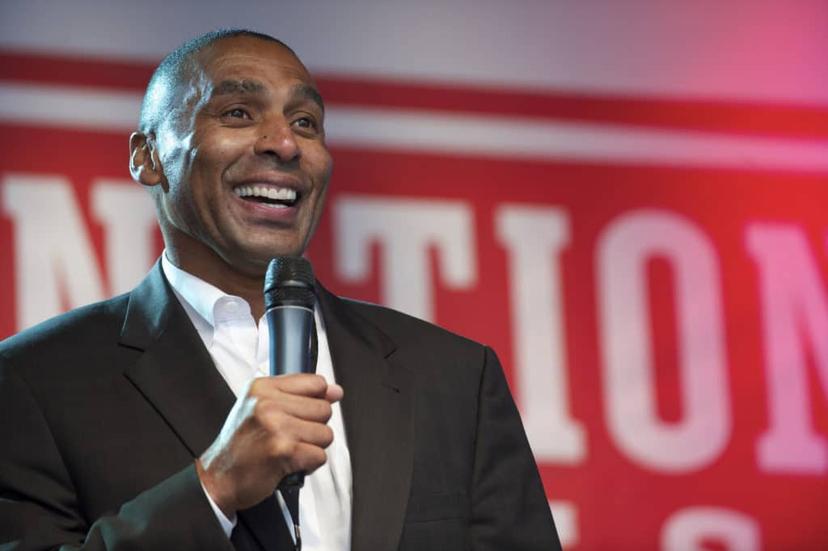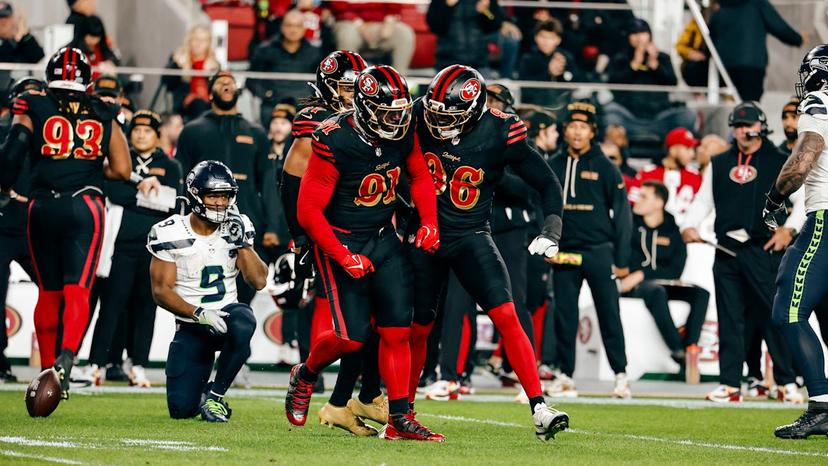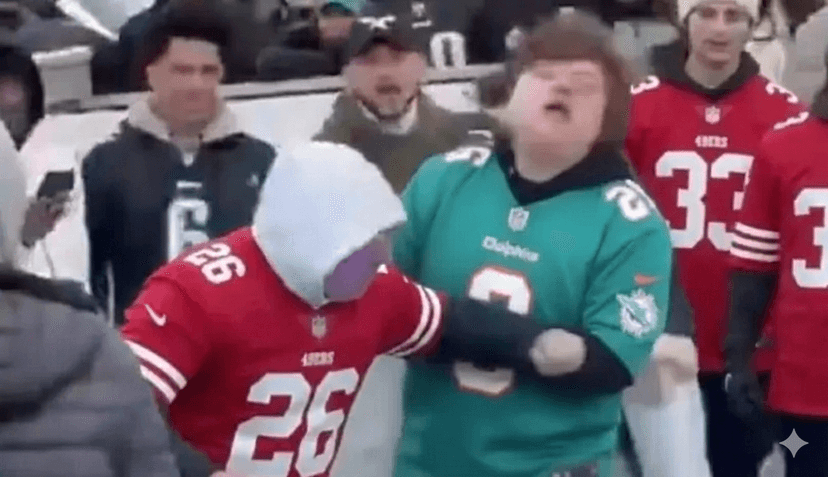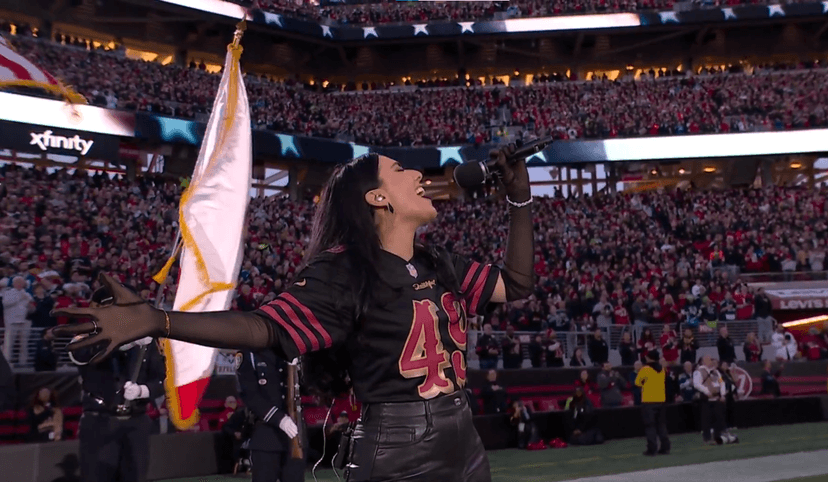Senator Kennedy Exposes Democrat Witness With Unflinching Facts
In a tense Senate hearing that quickly escalated into a moment of political theater, Senator John Kennedy delivered a masterclass in accountability, methodically confronting a Democrat witness with cold, hard facts. His calm, disciplined approach left Professor Richard Painter, a prominent law professor and former White House ethics lawyer, struggling to defend his public statements and tweets.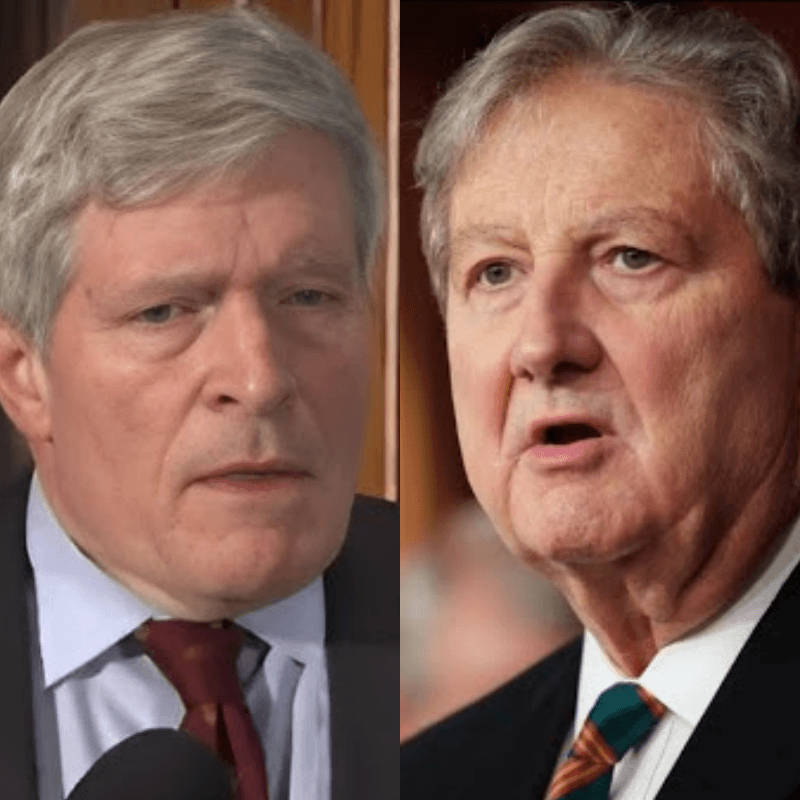
Setting the Stage
Senator Kennedy entered the chamber prepared, carrying a folder filled with printed tweets, public statements, and supporting evidence. Known for his incisive questioning, Kennedy’s reputation preceded him—but few anticipated the precision and restraint he would display. The atmosphere in the room was charged yet professional, a typical day on Capitol Hill taking on an extraordinary intensity.
Painter, invited to testify on judicial ethics, campaign finance, and the influence of money in politics, had gained notoriety for his provocative statements on social media. During the hearing, Kennedy systematically cited Painter’s tweets, forcing him to reconcile his online commentary with his testimony under oath.
The Opening Salvo
Kennedy began by referencing a tweet in which Painter accused Senator Lindsey Graham of being “President Putin’s favorite senator.” Holding a printed copy, Kennedy asked calmly, “Could you tell me your evidence for saying that Senator Graham is President Putin’s favorite senator?”
Painter claimed he could not recall the tweet, prompting Kennedy to display it before the room. The moment underscored Kennedy’s focus: accountability, not theatrics. By relying on Painter’s own words, Kennedy established a tone of fact-based scrutiny.
Pattern of Evasion
As the questioning progressed, Painter repeatedly deflected, claiming memory lapses or emphasizing “perceptions” rather than evidence. When confronted about another tweet regarding the Supreme Court—“There are some things money can’t buy. For everything else, there’s the Supreme Court”—Painter offered vague concerns about Justice Clarence Thomas’ disclosed trips. Kennedy pressed for specifics, highlighting the distinction between accusation and proof.
The tension was palpable. Kennedy’s style was composed yet devastatingly effective, demonstrating that credibility rests on consistency and honesty.
The Viral Exchange
The hearing reached its peak when Kennedy confronted Painter over a tweet alleging Senator Graham solicited cash payments in exchange for a Supreme Court vote. Painter attempted to sidestep, referencing general campaign solicitations, until, under pressure, he called Kennedy a “whack job.” Kennedy remained composed, continuing his line of questioning, letting Painter’s evasions speak for themselves.
Kennedy’s strategy was simple yet powerful: each question stemmed from the witness’s own words, leaving no room for obfuscation. By the hearing’s end, Painter’s public confidence had crumbled, highlighting the enduring value of accountability over online posturing.
A Lesson in Integrity
Kennedy’s performance transcended partisan politics. His calm, factual approach contrasted sharply with Painter’s defensiveness, delivering a clear message: credibility is earned through truth, not social media influence. His final quip—that Painter’s aunt’s Facebook page had more credibility than his testimony—balanced humor with a sobering point about the importance of evidence and honesty.
A New Standard for Oversight
In an era marked by performative outrage, Kennedy’s methodical and disciplined questioning established a standard for congressional oversight: persistence, reliance on facts, and measured professionalism can reveal truths without resorting to theatrics. Americans watching witnessed a demonstration of leadership defined by steadiness, integrity, and accountability.
Senator Kennedy Issues Stern Warning to Democrats Ahead of Potential Shutdown
With hours remaining before a potential government shutdown, Senator John Kennedy delivered a pointed speech on the Senate floor Wednesday night, blending humor, blunt critique, and concern for American families. He addressed the political brinkmanship and policy disputes that had brought Congress to the edge of another budget crisis.
A Stark Opening
Kennedy began with his characteristic Louisiana drawl: “Well, Mr. President, it looks like we’re going to have a shutdown. What does that tell us? It’s evidence that human evolution is a slow process.” His words cut through the chamber, underscoring the dysfunction in Washington.
Understanding the Shutdown
Kennedy explained that the federal budget would expire at midnight, forcing a closure unless bipartisan agreement was reached. He challenged the narrative that Republicans bore sole responsibility, noting that the party needed support from seven Democrats to maintain government operations.
Policy vs. Politics
Kennedy emphasized that the looming shutdown was more about political maneuvering than sensible policy. He outlined a Republican proposal to continue the current budget temporarily, a strategy historically supported by both parties, yet rejected by Democrats demanding additional spending.
Democrats’ Demands
Kennedy detailed Democratic requests, including reversing recent Medicaid reforms and extending Obamacare subsidies without income caps—a move he argued would benefit high-income Americans disproportionately. “Our proposal was fair, but Democrats demanded more than was reasonable,” he stated.
Political Theater and Divisions
He accused Democratic leadership, including Senator Chuck Schumer, of making demands they knew were unachievable, painting a picture of a party divided between moderates and more progressive factions advocating radical social policies.
The Human Impact
Kennedy acknowledged the real-world consequences of a shutdown on ordinary Americans, particularly seniors and federal employees. He reassured that essential services, Social Security, Medicare, and veterans’ healthcare would continue but warned of disruptions in parks, museums, and other federal agencies.
A Final Warning
Closing with a metaphor, Kennedy urged Democrats to consider the fallout: “If you pray for rain, you better be prepared to deal with the mud.” He implored them to compromise before the midnight deadline, emphasizing the high stakes and the consequences of continued intransigence.
Aftermath
Kennedy’s speech resonated across Washington, highlighting both the gravity of a potential shutdown and the challenges of achieving bipartisan compromise. His message was clear: while the shutdown was avoidable, the demands of Democratic leadership had made resolution increasingly unlikely, leaving the nation anxiously awaiting the Senate’s next moves.
May You Like

Yankees Lose Ground After Cody Bellinger’s Visit to the New York Mets Shifts Free-Agent Landscape




